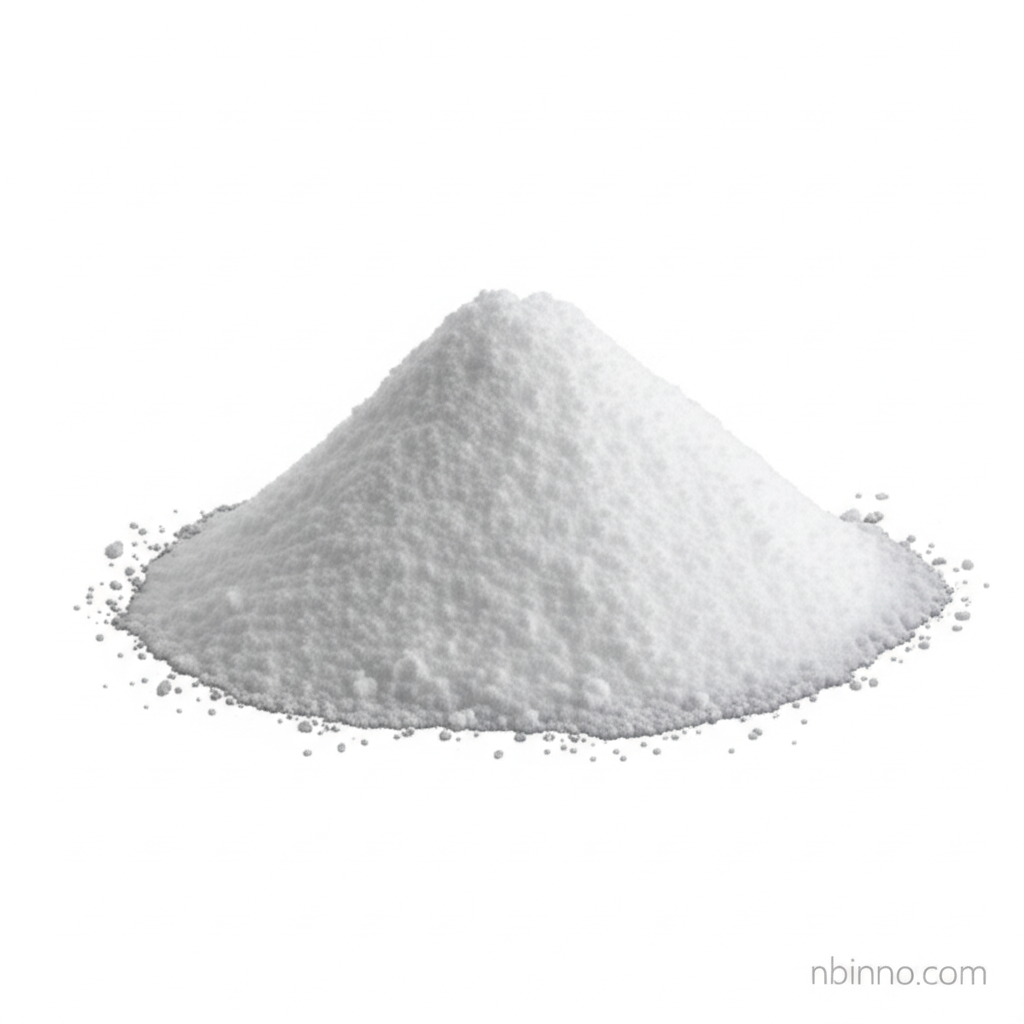Protocatechuic Acid: Neuroprotective Potential Against Hypoxia and Cognitive Decline
Exploring the therapeutic benefits of Protocatechuic Acid in combating hypoxia-induced cognitive dysfunction.
Get a Quote & SampleProduct Core Value

Protocatechuic Acid
Protocatechuic Acid (PCA) has demonstrated significant neuroprotective effects, particularly in mitigating the adverse impacts of chronic intermittent hypoxia (CIH) on cognitive functions. This compound shows promise in protecting against neuronal apoptosis and oxidative stress, which are key factors in cognitive decline associated with conditions like obstructive sleep apnea.
- This research highlights how Protocatechuic Acid can ameliorate memory loss associated with sleep apnea through its protective actions.
- Discover how Protocatechuic Acid supports cognitive function impairment treatment in hypoxia scenarios.
- Learn about the specific mechanisms through which Protocatechuic Acid offers neuroprotection during hypoxia.
- Explore the potential of this natural compound as a key element in protecting nerve cells against hypoxia-related damage.
Key Advantages
Cognitive Enhancement
PCA treatment shows efficacy in improving learning and memory abilities, offering a potential solution for cognitive function impairment caused by hypoxia.
Apoptosis Inhibition
The compound effectively inhibits neuronal apoptosis, a crucial mechanism for preserving brain health and function under stress, as supported by studies on protocatechuic acid neuroprotection.
Oxidative Stress Reduction
PCA demonstrates potent antioxidant properties, reducing oxidative stress markers and protecting cells from damage, which is vital for combating neurological issues linked to hypoxia.
Key Applications
Neuroprotection
As a potent antioxidant and anti-inflammatory agent, PCA is valuable for protecting nerve cells from damage, especially in cases of chronic intermittent hypoxia neurocognitive effects.
Cognitive Support
Its ability to ameliorate memory deficits makes it a candidate for supporting cognitive health, particularly for individuals experiencing issues related to sleep disorders.
Apoptosis Management
By inhibiting programmed cell death in neurons, PCA plays a role in maintaining neuronal integrity and function, critical for conditions where cell death is a concern.
Inflammation Control
PCA's anti-inflammatory properties contribute to its overall neuroprotective profile, potentially reducing inflammation-related neuronal damage.
